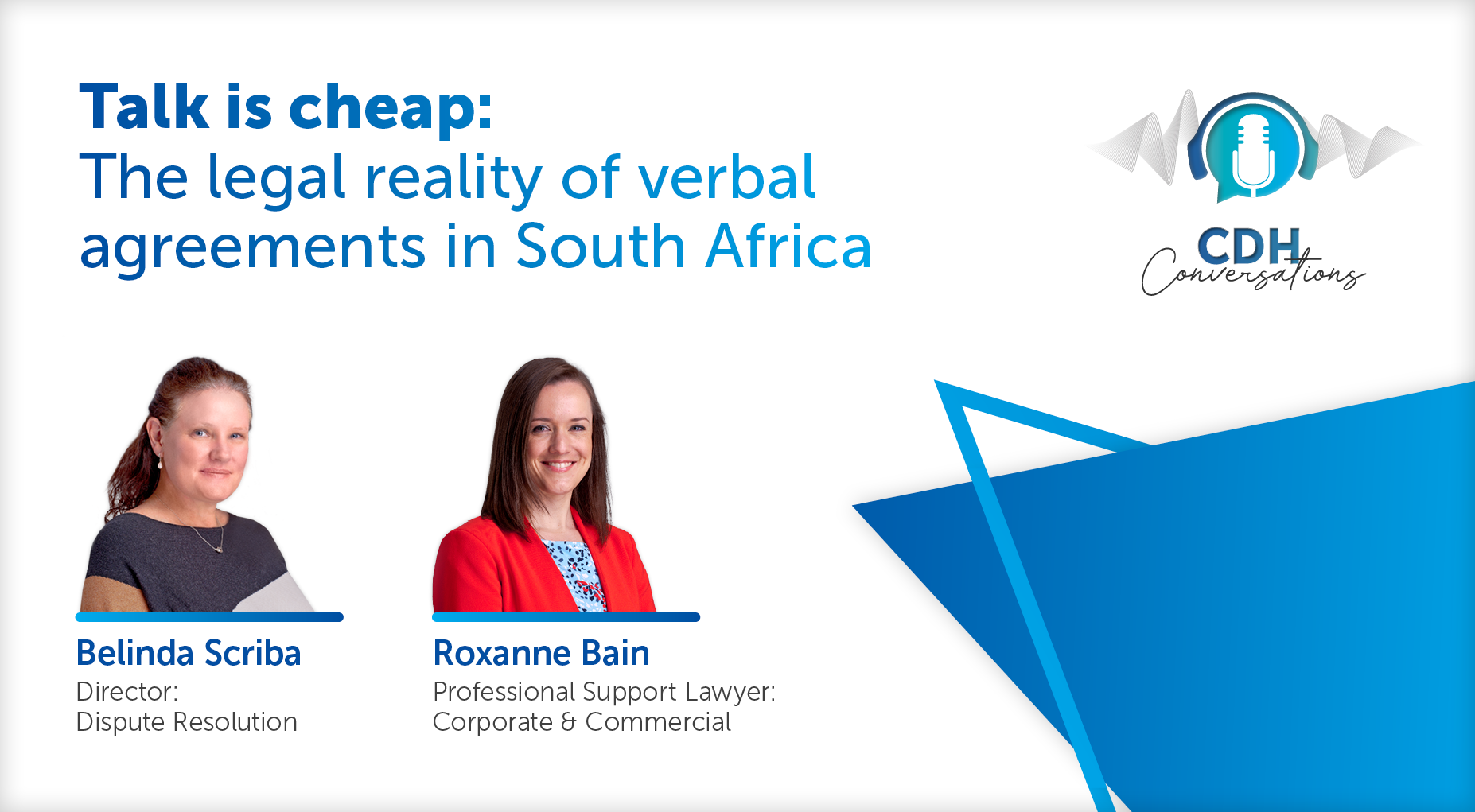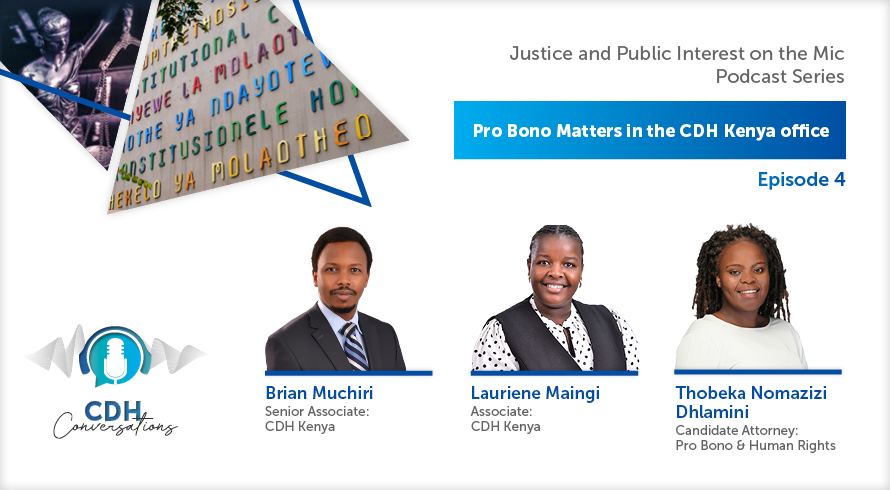Peremption and equivocation: is it ok to blow with one nostril and suck with the other?
How does one acquiesce in a judgment? According to case law, it is through unequivocal conduct, after judgment is delivered, inconsistent with an intention to appeal. In Venmop 275 (Pty) Ltd and Another v Cleverlad Projects (Pty) Ltd and Another (reportable 2014/14286), Venmop brought an application to set aside the award of an arbitrator. The application was brought outside the six week period prescribed in the Arbitration Act, No 42 of 1965 apparently because Venmop’s attorneys, prior to bringing the application but after receipt of the award, sent a letter to Cleverlad Projects offering to discharge the award granted against Venmop in monthly payments, rather than as a lump sum. Venmop then had to make out a case for good cause for an extension of time and to do so it needed to meet two principal requirements: provide a reasonable explanation for the delay in bringing the application and present a bona fide case on the merits with some prospect of success.
The court considered Venmop’s explanation for the delay to be weak but said that the thin justification could be excused if Venmop had strong prospects of success. The first hurdle to Venmop’s success was whether or not it had perempted its right to set aside the award by making the offer to pay in instalments.
Acting Judge Peter followed a line taken by previous cases and held that an unsuccessful litigant who has acquiesced in a judgment cannot appeal against it. He also held that a court will not undertake an enquiry into the subjective state of mind of the person alleged to have acquiesced in the judgment but will rather consider the objective conduct of that person and the conclusion to be drawn from that conduct.
The judge noted that the doctrine had extended to applications for rescission of default judgment and judicial review, and that the doctrine should also be applicable in the context of an application to set aside an arbitration award.
Turning to the letter written by Venmop’s attorneys, the court found that the offer to satisfy the award, albeit on terms more favourable to Venmop, was not something Venmop was compelled to do. Venmop argued that the letter was inadmissible but the court rejected the argument and found that the only reasonable inference to be drawn from sending such a letter was that Venmop had shown an intention to abide by the award, had thus acquiesced in the award and had perempted any right to set the award aside.
Even where a party’s prospects on appeal are otherwise good, an appeal may be refused on the basis of peremption. The court will not come to the aid of a party who initially expresses an intention, even if only by implication, to abide by the original finding of an adjudicator and then suddenly changes its mind. The doctrine may be criticised for its potential to restrict the constitutional right of access to court but it makes sense that a party must make up its mind whether it is aggrieved by a decision and wants to appeal or whether it wants to pay up albeit in instalments.
The information and material published on this website is provided for general purposes only and does not constitute legal advice. We make every effort to ensure that the content is updated regularly and to offer the most current and accurate information. Please consult one of our lawyers on any specific legal problem or matter. We accept no responsibility for any loss or damage, whether direct or consequential, which may arise from reliance on the information contained in these pages. Please refer to our full terms and conditions. Copyright © 2026 Cliffe Dekker Hofmeyr. All rights reserved. For permission to reproduce an article or publication, please contact us cliffedekkerhofmeyr@cdhlegal.com.
Subscribe
We support our clients’ strategic and operational needs by offering innovative, integrated and high quality thought leadership. To stay up to date on the latest legal developments that may potentially impact your business, subscribe to our alerts, seminar and webinar invitations.
Subscribe



